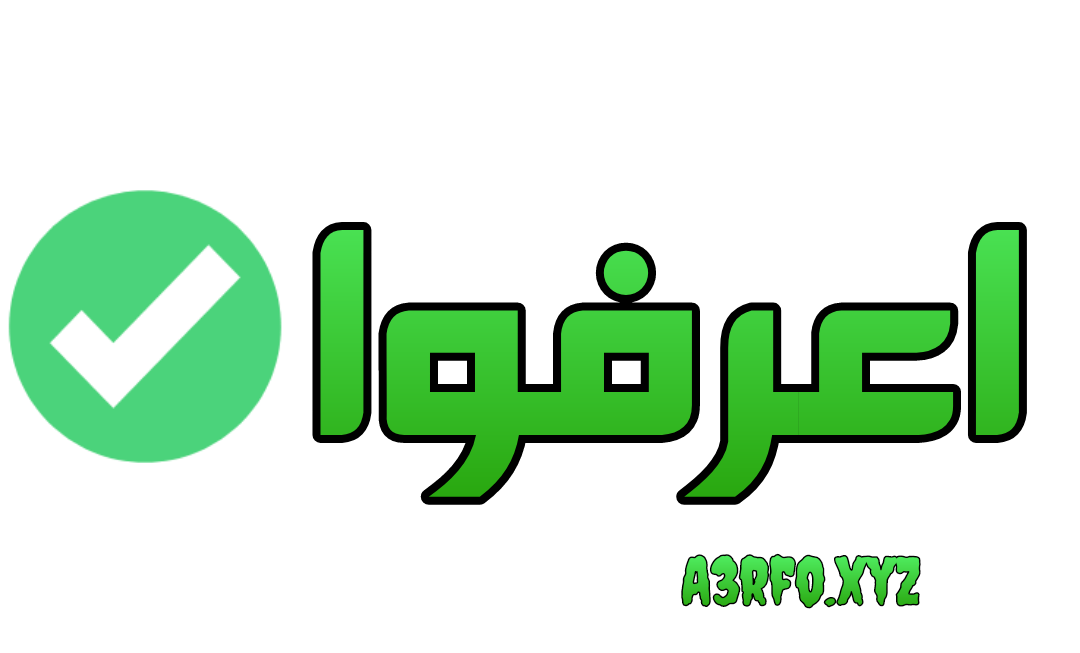In today’s fast-paced business environment, managing a motor fleet comes with its unique set of challenges and risks. Motor fleet insurance is an essential safeguard for businesses, ensuring financial protection against accidents, thefts, and other unforeseen incidents. This article delves into the critical aspects of motor fleet insurance, offering legal advice to help businesses make informed decisions and maintain compliance while optimizing coverage and costs.
Subheading 1: Understanding Motor Fleet Insurance
Motor fleet insurance is a type of coverage designed for businesses that operate multiple vehicles. It consolidates insurance for all vehicles under one policy, simplifying management and often reducing costs. Understanding the nuances of this insurance, including coverage options and legal requirements, is vital for business owners and fleet managers.
Subheading 2: Legal Requirements for Motor Fleet Insurance
- Advertisement -
Depending on your jurisdiction, there may be specific legal requirements for insuring business-operated vehicles. This section will outline the general legal mandates, including minimum coverage limits and documentation, ensuring your business remains compliant and protected against potential legal challenges.
Subheading 3: Choosing the Right Coverage for Your Business
With various coverage options available, selecting the right insurance for your motor fleet is crucial. From third-party liability to comprehensive coverage, understanding the benefits and limitations of each option will enable you to tailor your policy to meet your business’s specific needs.
Subheading 4: Risk Management and Reducing Insurance Costs
Effective risk management strategies can significantly reduce your motor fleet insurance costs. This section provides practical advice on implementing safety programs, driver training, and vehicle maintenance practices that can lower your risk profile and insurance premiums.
Subheading 5: Navigating Claims and Disputes
In the event of an accident or claim, understanding the process and your rights is essential. This part offers guidance on efficiently handling claims, negotiating with insurance providers, and resolving disputes to ensure your business is fairly compensated.
Essential Guide to Exotic Pet Insurance 2024: Protect Your Unique Companions
Conclusion:
Motor fleet insurance is a complex but critical aspect of managing a business fleet. By understanding the legal requirements, choosing the right coverage, implementing risk management strategies, and efficiently handling claims, businesses can ensure their fleet is adequately protected. Legal advice tailored to your specific circumstances and jurisdiction is recommended to navigate the intricacies of motor fleet insurance successfully.
Here are 10 frequently asked questions about Motor Fleet Insurance with detailed answers, designed to provide comprehensive insights into the topic.
1. What is Motor Fleet Insurance?
Answer: Motor Fleet Insurance is a specialized insurance policy designed for businesses that operate multiple vehicles. It covers all the vehicles under a single policy, making management simpler and often more cost-effective than insuring vehicles individually. This type of insurance can cover various risks, including accidents, theft, damage, and liability claims against the business.
2. Why is Motor Fleet Insurance important for businesses?
Answer: It’s crucial for businesses to protect their assets and mitigate financial risks. Motor Fleet Insurance offers comprehensive coverage for all business vehicles, safeguarding against significant financial losses due to accidents, theft, or damage. Additionally, it ensures businesses comply with legal requirements and protects them against liability claims, which could otherwise be financially crippling.
3. What types of vehicles can be covered under Motor Fleet Insurance?
Answer: Motor Fleet Insurance can cover a wide range of vehicles, including cars, vans, trucks, buses, and special vehicles like construction equipment. The policy can be tailored to fit the specific needs of a business, regardless of the types of vehicles in its fleet.
4. How is the cost of Motor Fleet Insurance determined?
Answer: The cost of Motor Fleet Insurance is influenced by several factors, including the number and type of vehicles, their use, the coverage options selected, the driving records of those who will be operating the vehicles, and the business’s claims history. Insurers assess these factors to determine the risk level and accordingly, the premium costs.
5. What are the legal requirements for Motor Fleet Insurance?
Answer: Legal requirements vary by jurisdiction but generally include a mandatory minimum level of liability insurance to cover damages or injuries caused by your vehicles. Businesses must ensure their policy meets these minimum legal standards to avoid penalties and ensure their operations are not disrupted.
6. Can Motor Fleet Insurance cover vehicles used for different purposes?
Answer: Yes, Motor Fleet Insurance policies are highly customizable and can cover vehicles used for various purposes, including delivery, transportation of goods, executive travel, and more. It’s important to disclose the intended use of each vehicle when arranging your policy to ensure appropriate coverage.
7. How can businesses reduce their Motor Fleet Insurance premiums?
Answer: Businesses can reduce their insurance premiums by implementing risk management strategies such as regular vehicle maintenance, driver safety programs, and using telematics to monitor vehicle usage and driver behavior. Choosing a higher deductible and accurately assessing the coverage needs can also help in lowering premiums.
8. What should businesses consider when choosing Motor Fleet Insurance coverage?
Answer: Businesses should consider their specific needs, including the types and uses of vehicles, potential risks, and legal requirements. Coverage options to consider include liability coverage, comprehensive and collision coverage, uninsured/underinsured motorist coverage, and personal injury protection. Tailoring the policy to the business’s specific risks and needs is crucial.
9. How does the claims process work with Motor Fleet Insurance?
Answer: In the event of an accident or loss, the business should immediately notify their insurance provider with all relevant details. The insurer will then investigate the claim, which may involve assessing vehicle damage, reviewing driver statements, and determining fault. Upon approval, the insurer will cover the costs up to the policy limits. It’s important for businesses to understand their policy details and cooperate fully during the claims process.
10. Are there any exclusions or limitations in Motor Fleet Insurance policies?
Answer: Yes, like all insurance policies, Motor Fleet Insurance comes with exclusions and limitations. Common exclusions may include intentional damage, wear and tear, and using vehicles for unauthorized purposes. Businesses should thoroughly review their policy documents and discuss any concerns with their insurer to ensure they fully understand their coverage.
In conclusion
navigating the complexities of motor fleet insurance demands a blend of legal wisdom, strategic planning, and diligent management. As we’ve explored, understanding the intricacies of this essential coverage is not just about complying with legal mandates; it’s about safeguarding your business’s financial health, maintaining operational continuity, and fostering a safe environment for your employees and the communities you serve. Choosing the right insurance policy for your fleet is a significant decision that influences your company’s risk profile, financial stability, and reputation.
Implementing risk management strategies, understanding the legal landscape, and optimizing your insurance investments are not merely administrative tasks—they are strategic business practices that can lead to substantial cost savings and enhanced operational efficiency. The journey toward finding and maintaining the ideal motor fleet insurance coverage is ongoing, reflective of the evolving nature of businesses, vehicles, and legal requirements.
As we move forward into 2024 and beyond, staying informed about changes in legislation, advancements in vehicle technology, and shifts in the insurance market will be crucial. Engaging with insurance professionals who specialize in motor fleet coverage, seeking legal advice when necessary, and continuously evaluating your insurance needs will ensure that your business remains protected, compliant, and ahead of the curve.
The landscape of motor fleet insurance is complex but navigable. With the right approach, businesses can turn what seems like an administrative burden into a strategic asset. The key lies in understanding your needs, embracing best practices in fleet management, and leveraging expert advice to craft a policy that not only meets but exceeds your expectations. Remember, the goal of motor fleet insurance is not just to provide financial protection—it’s to enable your business to thrive, even in the face of adversity.












